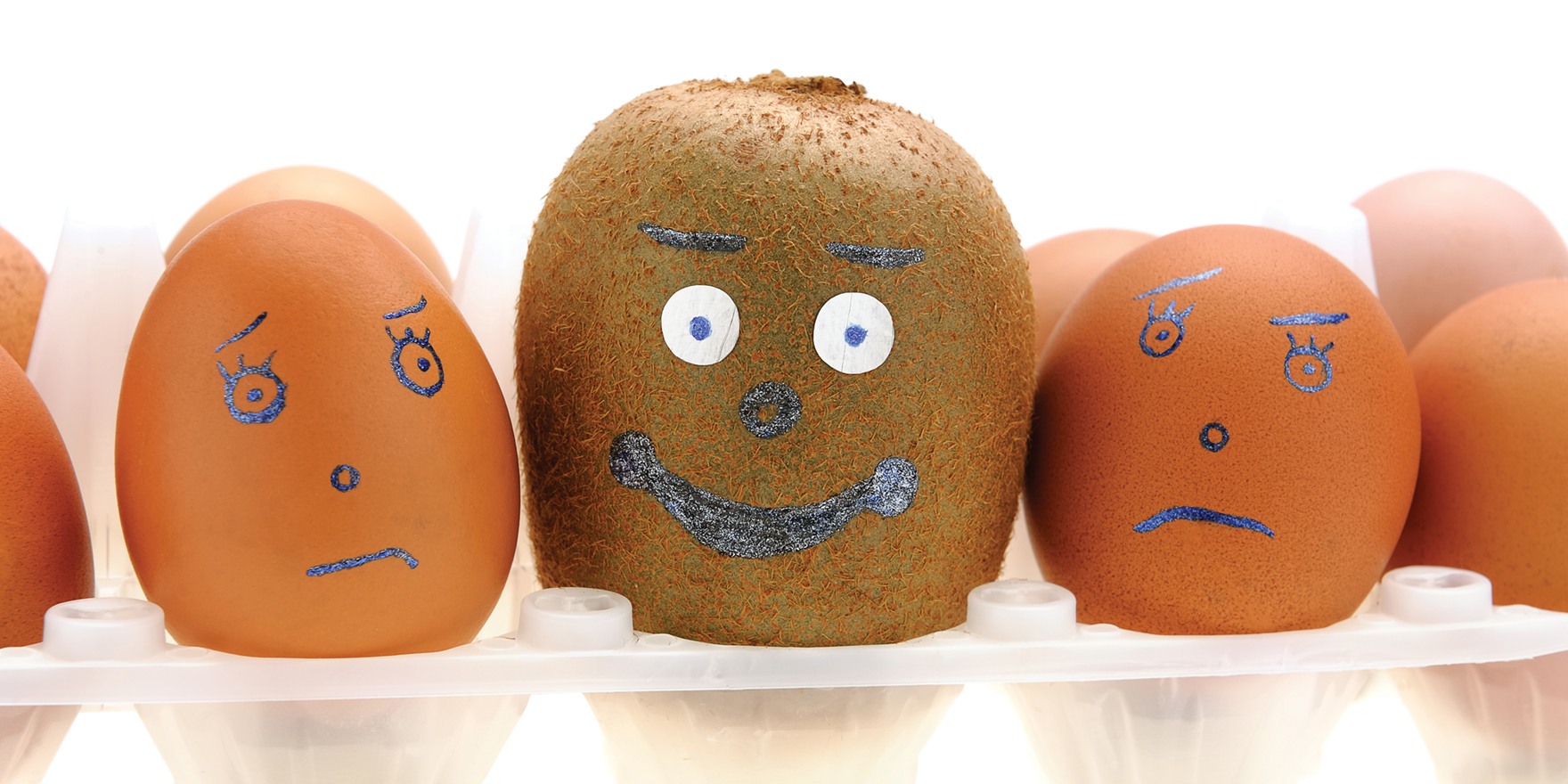There is so much we can learn from our latest female role model, writes Dr Aajuli Shukla
Making the decision to move to Australia from New Zealand to study medicine was not an easy one. In the end, my parents’ decision to move for work, and the significant savings I would be making by doing a four-year postgraduate program, as opposed to enrolling in an undergraduate program in New Zealand, won out.
But part of my heart was always going to stay in New Zealand. My experience there was a happy one, right through high school into my undergraduate degree.
Being an Indian immigrant, I never really faced any racism in Auckland. Which is why I found it very hard to process my feelings about the recent terrorist shootings in Christchurch. Of course there was sadness, and at times there was anger. But most of all there was disbelief, because this wasn’t the New Zealand that I had lived in or belonged to.
Racism is such a tricky thing. Often it presents as “micro-aggressions” rather than overt violent actions, such as the shootings in Christchurch. It can range from Facebook posts about “those annoying loud foreigners speaking in their language on the train” to immigrants themselves talking about “closing the borders to possible terrorists”.
It’s not just white Australians who can be racist. Many immigrants themselves have an in-built generational dislike for people of specific countries or religion. It’s something that has been taught by their parents and their parents before them.
It’s always been a bit tricky dealing with racist comments in general practice. Often, they are made in passing and inevitably they are made in front of me because, as an immigrant who works as a doctor and “helps people” and “pays taxes”, I am an acceptable model of what a law-abiding immigrant should look like.
Sometimes comments are made because of my cultural background and because I’m meant to consider myself “superior” to certain groups of people. The comment is sometimes made almost as a discussion about solidarity. “We aren’t as bad as them” or “We’re better than them because we fit this current ideal.” There was a discussion about this recently on GPs Down Under with some very interesting thoughts from GPs about facing racism in the post-Christchurch world.
Often, like most doctors, I treat people regardless of their political opinions but usually deflect these discussions with: “I do not agree but let’s move on to how I can help today.”
One of the most heartening things to watch after this tragedy, though, has been the behaviour of Jacinda Ardern, the New Zealand prime minister. The language she uses has never been inflammatory. She has been firm in her derision of the perpetrator, labelling him a terrorist but refusing to use his name.
Simple acts such as wearing a headscarf while speaking to the bereaved community, hugging survivors and using Arabic phrases in her speech show a level of compassion that has largely been missing from politics of late.
New Zealanders have followed her lead by organising peaceful walks and memorials. There have been hakas performed honouring the dead and “human walls” of protection formed around mosques during prayer times.
Will her actions change the minds of those who continue to hold significantly racist views? Probably not. But her empathy for the victims and solidarity with them, inclusively calling it a crime against all New Zealanders, has mobilised the community and helped it deal with one of the worst massacres on New Zealand soil.
It’s embarrassing that Australian politicians such as Fraser Anning continue to have a platform for espousing their views after such a tragedy. Blaming Muslims for an attack on Muslims is almost laughable, except that to a lot of immigrants our biggest fear is that the people in power hold such views and will use them at some point to as scapegoats for their shortcomings.
There was such a difference in tone in the interviews Waleed Aly conducted with both the prime minister of Australia and the prime minister of New Zealand. Scott Morrison’s entire discussion seemed to hinge on “I never made anti-Muslim comments”, while in the same breath not being able to call out the One Nation party for its overt racist stand on immigrants, refugees and indigenous people.
The interview with Jacinda Ardern showed a human side to politics and her level of empathy with victims shows that politicians can either be a force for division or a force for community building. There is a lot that I feel I have learned already from her, about the language I can use in my consults without alienating my patients with views different to my own.
To me, her role during this tragedy exemplifies everything that is good about a female head of state. She brings compassion and empathy to help the community heal, but at the same time she provides excellent leadership by deciding to change the gun laws in the country to prevent such a tragedy happening again.
Increasingly, despite having conservative values, I find that the current government in Australia does not represent me as an immigrant, nor as a female.
Perhaps it’s time for Australian politicians to “Ardern up”.
Dr Aajuli Shukla is GP Editor of The Medical Republic and a general practitioner in Blacktown, NSW


